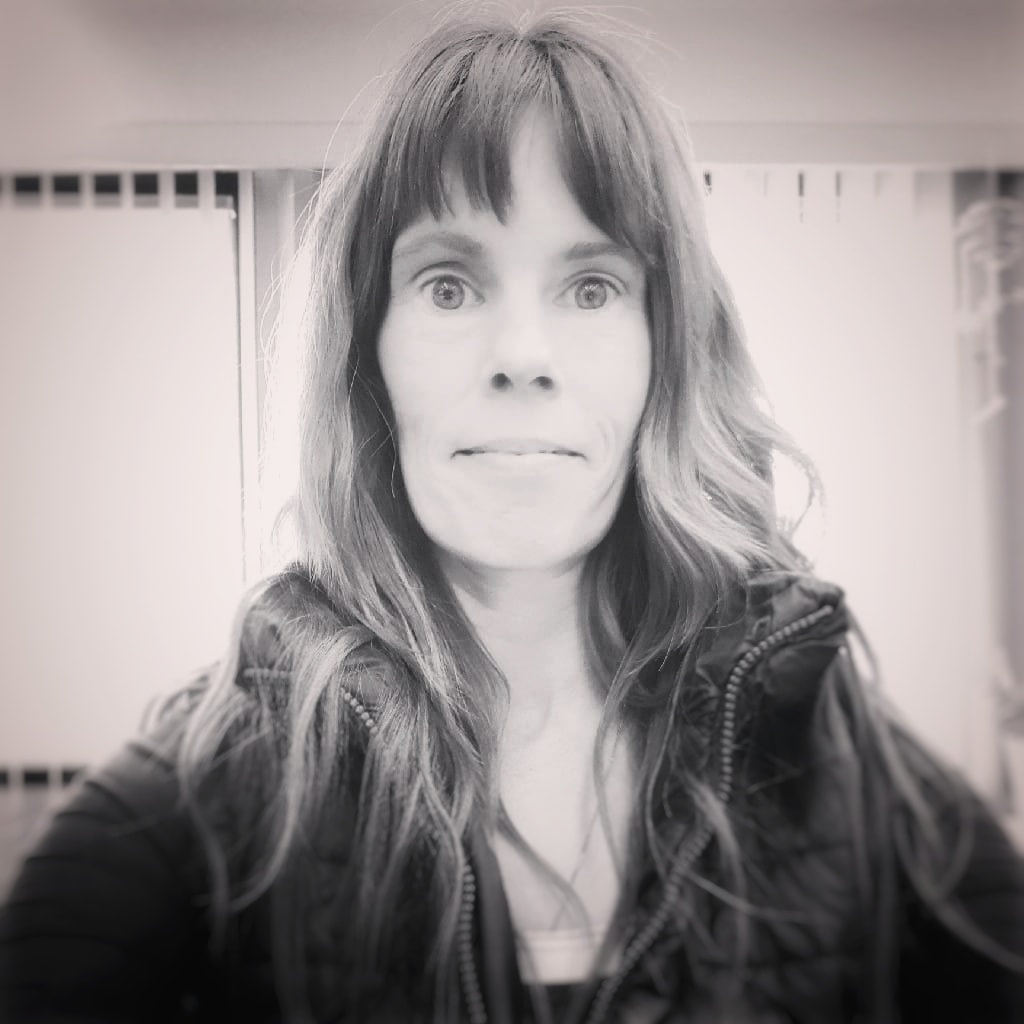Jennifer Lee#StayCurious
Categories
All
|
Back to Blog
Other people's stuff12/6/2022 Have you ever found yourself feeling hurt, angry or frustrated by someone else's reaction to you? It's easy to take other people's reactions personally and to assume they are a reflection of who we are as a person. However, the truth is that other people's reactions are often more about them and their own unresolved trauma than they are about us. It's also not our job to try and create an emotionally safe environment for others at our own expense. For example, holding back what you want to say because of the response you anticipate.
Our early experiences form the foundation of our identity and shape how we see ourselves and the world around us. Our thoughts about our experiences generate emotions within us, which inspire our actions and give us our results in our lives. Since other people's reactions are always based on their own experiences, beliefs, and emotions, which we can't change, learning to accept other people's reactions as they are can be helpful to our own emotional wellbeing. It's natural to want to defend ourselves and to try to persuade the other person to see things our way. However, this often just leads to more conflict and can leave us feeling frustrated and drained. Getting to a place where you can allow others to have their reactions and opinions without trying to make them wrong, takes a burden off of you to feel like you need to get the other person to see it 'your way'. If you've been on an awakening journey you've likely been looking at your own beliefs and behaviors to learn what is no longer serving you. It's challenging to question these beliefs, even when we can see that they no longer serve our highest expression. Our early conditioning is so deeply ingrained that it takes persistent conscious attention to change it. Taking the time to explore and process our experiences in a healthy way gives us the space to develop a new understanding of ourselves and the world around us. So, what can we do when faced with someone else's negative reaction? Emotionally detach from the situation and remember that the other person's reaction is about them, not about you. It's an important step in taking care of ourselves and avoiding getting caught up in unnecessary drama. Depending on the situation, you might want to share your perspective with the other person about their reaction. This can be a difficult topic to talk about, but it can be a helpful way to gain a better understanding of where the other person is coming from. In conclusion, it's important to remember that other people's reactions are about them and their own experiences and traumas, and we simply can't control them. For those who are interested in learning how to stop reacting based on past experiences (because what happened in the past does not actually determine what will happen in the future) this can be done through self reflection and observation. How you show up in the world is a choice! #StayCurious
0 Comments
Read More
Your comment will be posted after it is approved.
Leave a Reply. |


 RSS Feed
RSS Feed



